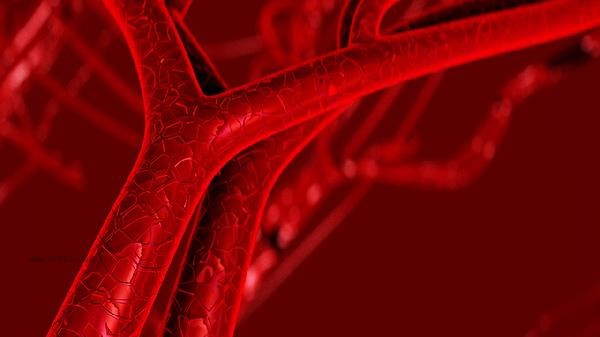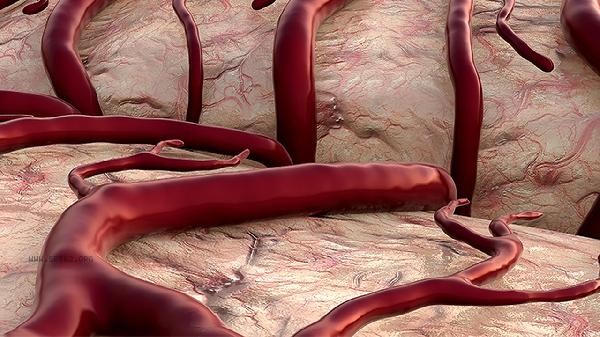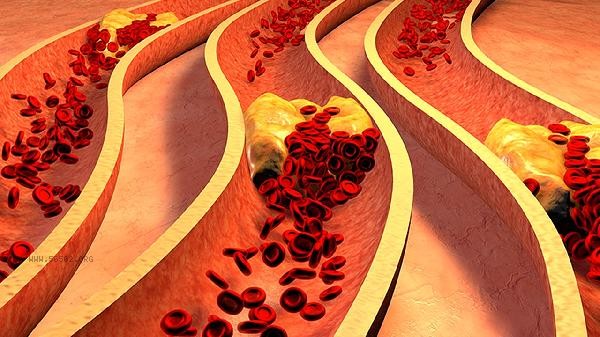Renal artery stenosis does not necessarily lead to elevated blood pressure, but it is one of the common causes of secondary hypertension. Renal artery stenosis may cause hypertension, but not all patients will experience this symptom. The causes of renal artery stenosis include atherosclerosis, fibromuscular dysplasia, trauma, etc. The treatment methods include drug therapy, interventional therapy and surgical treatment.

1. Etiology of renal artery stenosis
One of the main causes of renal artery stenosis is atherosclerosis, which is common in middle-aged and elderly people, especially patients with diabetes, hyperlipidemia or smoking history. Fibromuscular dysplasia is a congenital vascular disease that is more common in young women, characterized by abnormal thickening of the renal artery wall. Trauma such as abdominal or lumbar impact may also cause renal artery injury, leading to stenosis. Some inflammatory diseases such as Takayasu arteritis may also involve the renal arteries.
2. The relationship between renal artery stenosis and hypertension

Renal artery stenosis may lead to elevated blood pressure by activating the renin angiotensin aldosterone system. Stenosis reduces renal blood flow, stimulates renin secretion, and then causes vasoconstriction and sodium water retention, which eventually leads to hypertension. However, not all patients with renal artery stenosis will develop hypertension, and some patients may maintain normal blood pressure due to other compensatory mechanisms.
3. Treatment Methods
Drug therapy is the preferred option for renal artery stenosis, with commonly used drugs including angiotensin-converting enzyme inhibitors such as enalapril, calcium channel blockers such as amlodipine, and diuretics such as hydrochlorothiazide. Interventional therapy such as renal artery stent implantation is suitable for patients with ineffective drug therapy or severe stenosis, by dilating the narrowed area to restore blood flow. Surgical treatments such as renal artery bypass grafting are suitable for complex cases, improving renal blood supply by establishing new vascular pathways. Although renal artery stenosis does not necessarily lead to elevated blood pressure, it should be taken seriously. Early diagnosis and intervention can help prevent hypertension and related complications. It is recommended that individuals with relevant risk factors undergo regular physical examinations, seek medical attention promptly if any abnormalities are found, and take targeted treatment measures to maintain kidney and cardiovascular health.










Comments (0)
Leave a Comment
No comments yet
Be the first to share your thoughts!